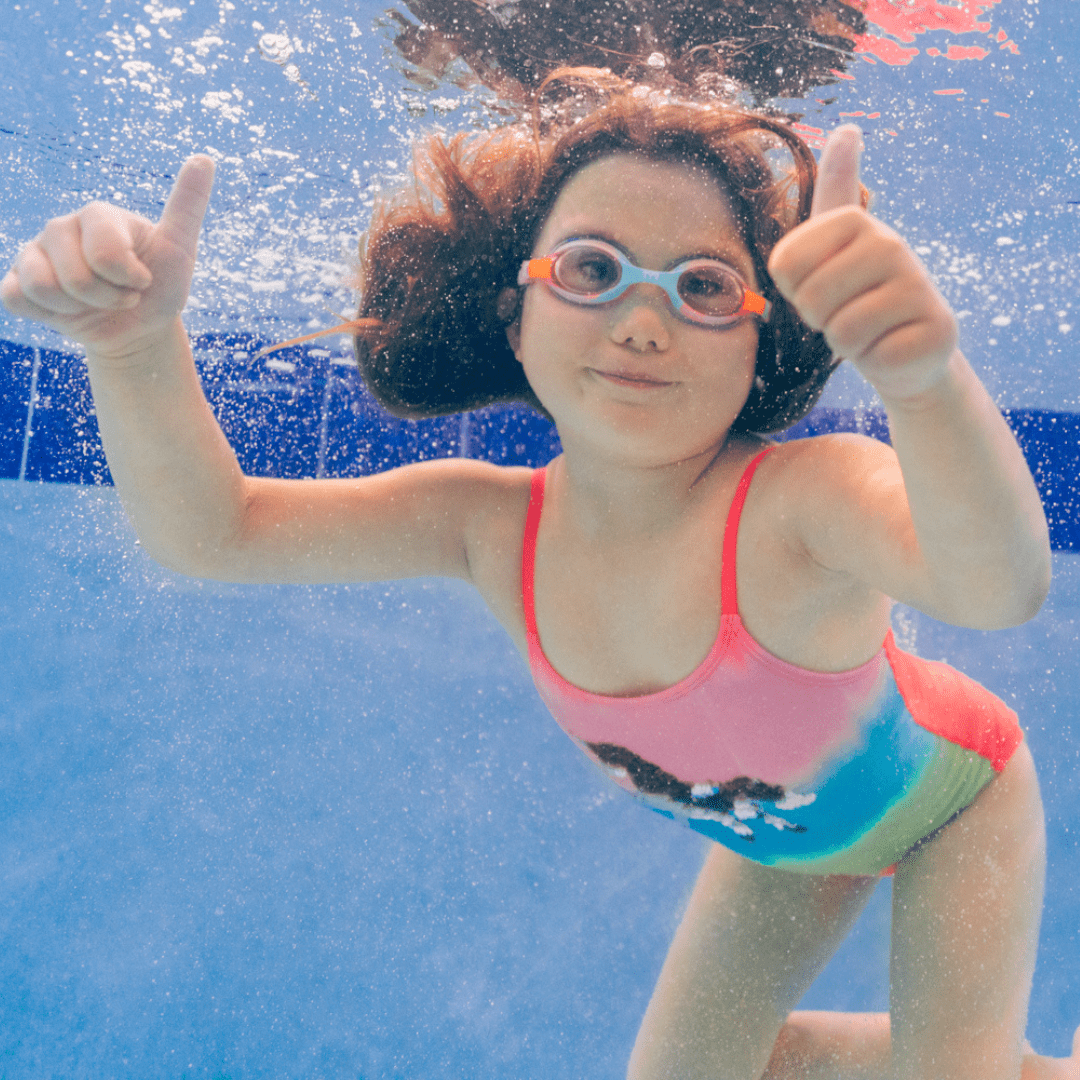If you’ve found yourself in a public space with a person who is clearly exhibiting symptoms of any illness, you may find yourself thinking: Why is that person out and about? The thought has probably included some proportion of sympathy and some part self-preservation, hoping you don’t catch whatever they’ve got, especially during the COVID-19 pandemic.
As a swim school, we have the same feelings for our students – only in our case, managing safety and cleanliness is a matter of policy and reviewed by public health officials.
Making those policies work, however, requires teamwork with our families and students. No one knowingly does anything that would put another swimmer in harm’s way, and sometimes students may be ill and not exhibit symptoms. But as cold and flu season starts up, we want to remind everyone of the five rules every student should follow before they hop in the pool at Foss or anywhere:
- Follow current COVID-19 protocols: After all the ups and downs of COVID cases, the changing rules and recommendations, we understand it how wearying it all feels. We feel it too! But for the sake of our students, and for family members and staff, please follow your local school’s COVID guidance. It varies by location and may change over time. We just ask for your patience and cooperation, and we’ll keep doing the extra cleaning and monitoring that helps make Foss Swim Schools as safe as they can be.
Of course, COVID isn’t the only health challenge we face. The following rules and guidelines have been in place since the day we opened our doors, and will remain in place as long as we are teaching people to swim:
- Shower before entering the pool. This rule is well known, but when kids are running late, we realize how tempting it can be to head straight for the pool. Don’t! We’d rather wait an extra minute or two. Showering is the simplest way to reduce bacteria or other stuff from getting in the water, just like washing hands is the best way to stem the spread of disease on dry land. It’s simple and effective and takes care of stuff people don’t even know they’re carrying – most people never get sick from things that are on their skin’s surface, but pool water enables it to travel from person to person.
- Don’t swim when sick. If you suspect illness, even with a negative COVID test, play it safe and stay home. It’s better to miss a class that create a situation where others – maybe many others – will get sick. Different people have different tolerances for different bugs, so a small cold for one child could be a nasty illness for another. Want to make sure you get all your swimming? Reach out to your swim school to discuss options.
- Don’t swim with open cuts. This is a corollary to the rule above, but is especially meaningful to the swimmer themselves. Open cuts allow anything in the water direct access to the bloodstream, making it easier to pick up something in the water or develop an infection. Those aren’t fun. That doesn’t mean every little scratch should keep you out of the pool, but if you have a bandage on it that’s still absorbing blood, skip the pool this week.
- Babies and children who aren’t potty-trained must wear swim diapers. This fourth rule doesn’t apply to everyone, but is important for obvious reasons. Babies needn’t be ill to spread illness in a pool. If you forgot your swim diaper, please don’t take the chance of going without or using a regular diaper (they just don’t hold up underwater.) It’s also important to remember that children who don’t appear to be babies might need to wear swim diapers too if there is still a chance they could have an accident.
There’s no way to prevent all exposure to illness. At FOSS, we have these rules in place to help reduce risk, and we invest in advanced filtration for both our air and water and keep our pools as clean as possible. But these rules, unfortunately, are impossible for us to enforce by ourselves – teachers can’t check every swimmer personally for cuts, we don’t know which children have swim diapers, and we don’t know if a someone had a fever yesterday.
That’s where parents and students come in. If we all do our best to follow these rules, we can greatly reduce the spread of disease – which is good for us individually and for our community.
